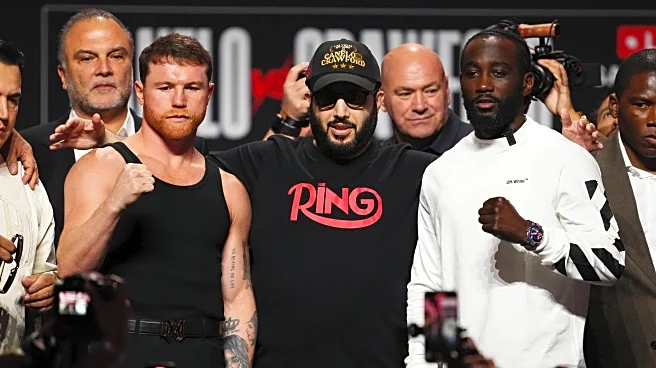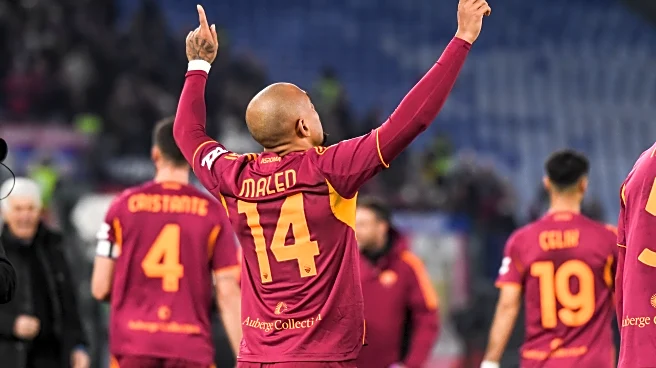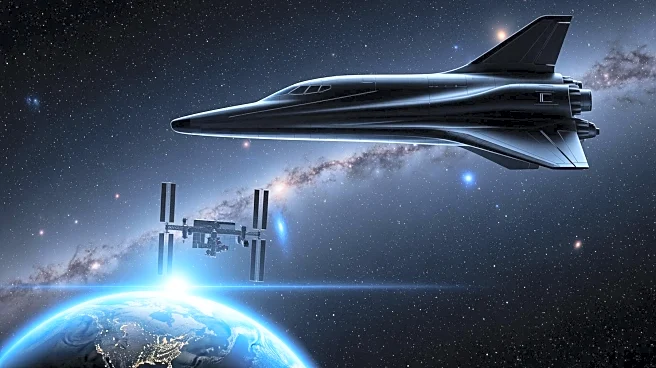One of the best horror comics in recent memory features a belligerent green giant who, depending on the personality at play, either demolishes everything around it in a childish tantrum or calmly executes its opposition in inventively karmic fashion.
To be clear, this is not the enemy our plucky heroes must evade or defeat. It’s the protagonist.
Immortal Hulk is what happens when a media juggernaut tosses a top-tier writing talent into their sandbox and leaves him unsupervised. Over the course of 50
issues, writer Al Ewing uses our beloved Big Funny Guy What Smashes Good as a vehicle to explore everything from trauma-based dissociation to the Biblical notion of mercy. Its arcs can be awkwardly summarized as Hulk vs Bad Guys, Hulk vs The Avengers, Hulk vs The Devil, Hulk vs The Military Industrial Complex, Hulk vs Capitalism, and Hulk vs God.
It’s that second-to-last one that came to mind recently. It’s not the strongest segment of the story, but it does have the best villain: Xemnu the Living Hulk, an obscure, psychic 1960s Monster of the Week who actually predates Bruce Banner in publication. The weapon Ewing bestows upon it?
Nostalgia.


Unwilling or incapable of building the foundations for bright new futures, combat sports find themselves turning to similar means. I (and others more insightful than me) have spoken at length about the UFC’s “strategy” of bloating its roster and just kind of hoping a new star emerges while churning out rematch after rematch and teasing the returns of long-faded icons like Conor McGregor and Jon Jones. GLORY Kickboxing is madly scrambling to reclaim its, well, glory years through a joke of a heavyweight tournament, forcing its lower-weight elites to jump ship due to a lack of available slots on upcoming shows.
And then there’s Canelo vs Crawford.
I want to emphasize that Terence Crawford’s performance was sensational. I’ve had my gripes with “Bud’s” wonky schedule and that one time he was a real dick to some auto mechanics, but he deserves all the credit in the world for jumping up two weight classes to dismantle another pound-for-pound stalwart. Most everything preceding that performance, however, substituted capital for craft.
Part of what irks me so much about Riyadh Season is that Alalshikh has functionally infinite resources but no ambition to innovate. He recognizes all the pieces that make up “blockbuster boxing,” but lacks both the knowledge of how they fit together and the willingness to learn. He won’t even do the smartest move anybody who inherited wealth can make, which is to find someone who’s better at something he struggles with and throw money at them.
Take the much-reviled commentary team. Rather than scout, assemble, and test a top-tier announcers’ booth, Alalshikh decided to cobble together the ragtag crew of Max Kellerman, Andre Ward, and Jon Anik. Never mind that Kellerman needs a specific sort of partner to be tolerable. Never mind that Ward’s and Anik’s greatest strengths are being marginally less aggravating than the knuckleheads they’re often paired up with. Never mind that the three had all the chemistry of noble gasses in separate rooms. They were behind the mics for some great fights, so that means they’re a great crew, right?
How about the bout order? Alalshikh and Dana White had two guaranteed slobberknockers on their hands: Serhii Bohachuk vs Brandon Adams and Christian Mbilli vs Lester Martinez, which delivered in spades. They put the former on the Prelims and the latter in the least-glamorous slot on the four-fight main card, giving opener and co-main honors to respective pet projects Mohammed Alakel and Callum Walsh.
Alalshikh’s status divorces him from the experience of the average viewer. He understands that fighter walkouts with live music are rad, but doesn’t comprehend that a half-hour of post-midnight pageantry from announcement to opening bell is mind-numbing. He understands that hearing from celebrities and fixtures of the sport can enrich a broadcast, but shoves so many mics into so many faces that it turns into white noise. He’s trying to draw viewers in with recreations of a golden age he never actually lived through.
I don’t expect him to learn anything, either. He has no reason to; much like how Dana White’s broadcast deals with ESPN and Paramount guarantee(d) his organization a profit regardless of card quality, Alalshikh’s obscene wealth gives him no incentive to improve his product. He can run these events at a loss for the foreseeable future, inserting himself into highlight packages and growing his entourage of sycophants.
This is the future for which they demand we sacrifice the Ali Act. Not some maverick, never-before-seen revolution held back by innovation-stifling notions like “fighter independence,” but the microwaved leftovers of days long past.
















